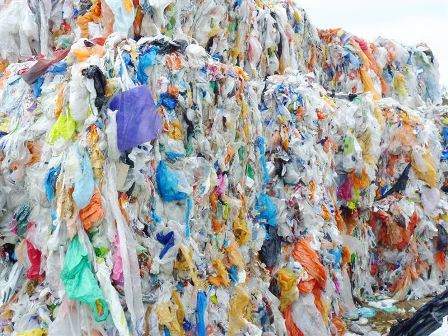Finland-based engineering services provider Neste is planning to process annually more than one million tons of waste plastic by 2030.

Image: Neste will explore ways to introduce liquefied waste plastic as future raw material for fossil refining. Photo: courtesy of Neste.
As part of its plans, the company is exploring ways to introduce liquefied waste plastic as a future raw material for fossil refining.
The company plans to take the development project to industrial scale trial during 2019.
Neste oil products business area executive vice president Matti Lehmus said: “Neste has been ranked the world’s second most sustainable company and we are already the world’s largest producer of renewable diesel from waste and residues.
“Our target is to also be a leader in low-carbon refining and support circular economy by developing innovative solutions based on waste plastic,”
The use of waste plastic as a raw material will help increase material efficiency, decrease crude oil dependency and carbon footprint of products based on such raw material
According to Neste, around 27 million tons of post-consumer plastic waste is generated per annum in Europe and only about one-third of this amount is currently collected for recycling.
In January this year, the European Union unveiled its Strategy for Plastics in a Circular Economy.
One of its objectives is to enhance recycling of plastics and reuse of plastic packaging by 2030. The recycling target for plastic packaging was raised to 50% by 2025 and 55% by 2030, in the EU Waste package.
Chemical recycling is a process under which waste plastics will be used as a raw material to convert them into end products such as fuels, chemicals, and new plastics.
Matti Lehmus further added: “We wish to partner with leading companies throughout the value chain, who share our sustainability values and ambition, and are ready to move forward with us.”
Neste is also supporting the plastics industry and various plastics-consuming companies to reduce their crude oil dependency and climate emissions by producing durable and recyclable renewable plastics from bio-based raw materials, such as waste fats and oils.
Neste provides sustainable solutions for transport, business, and consumer needs. It produces renewable diesel refined from waste and residues.
